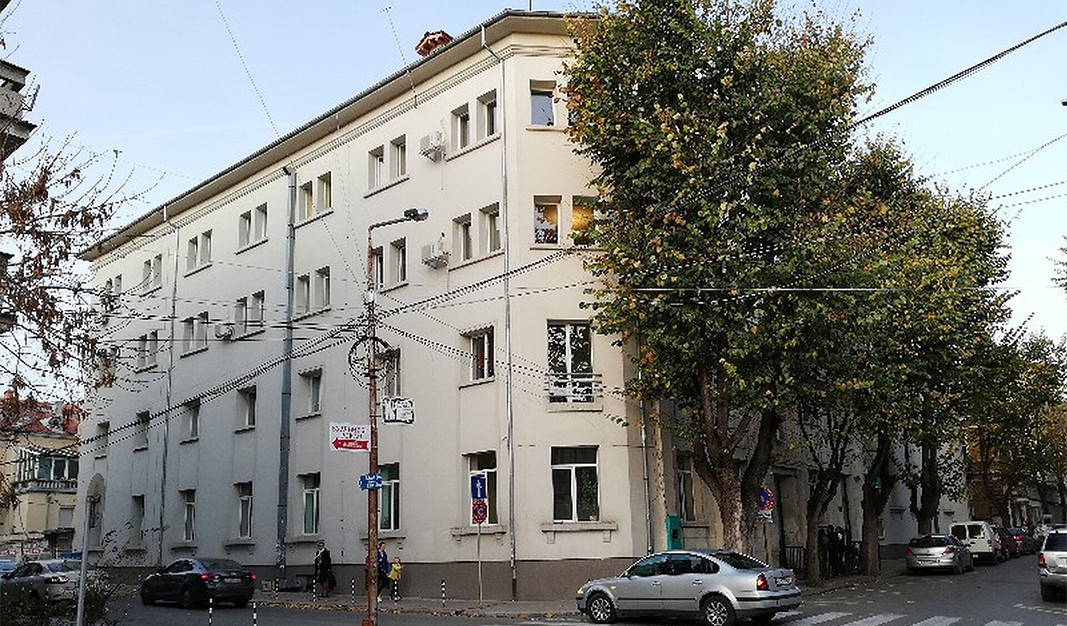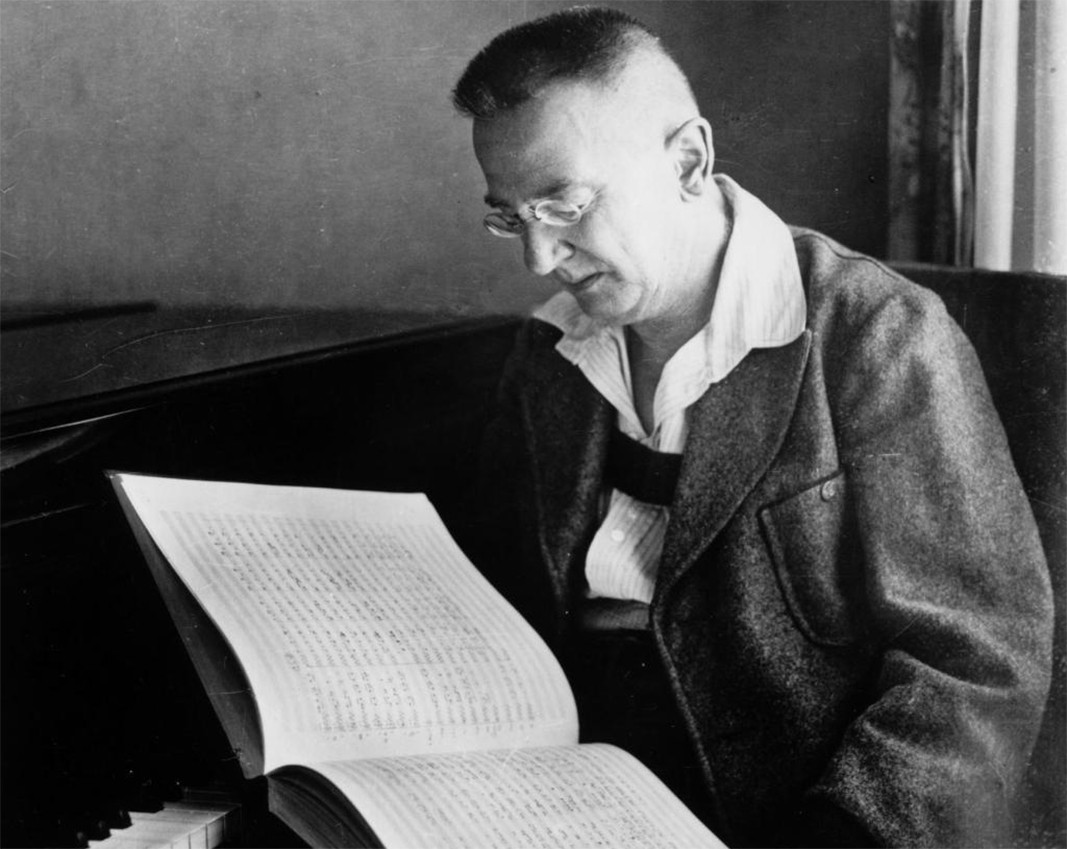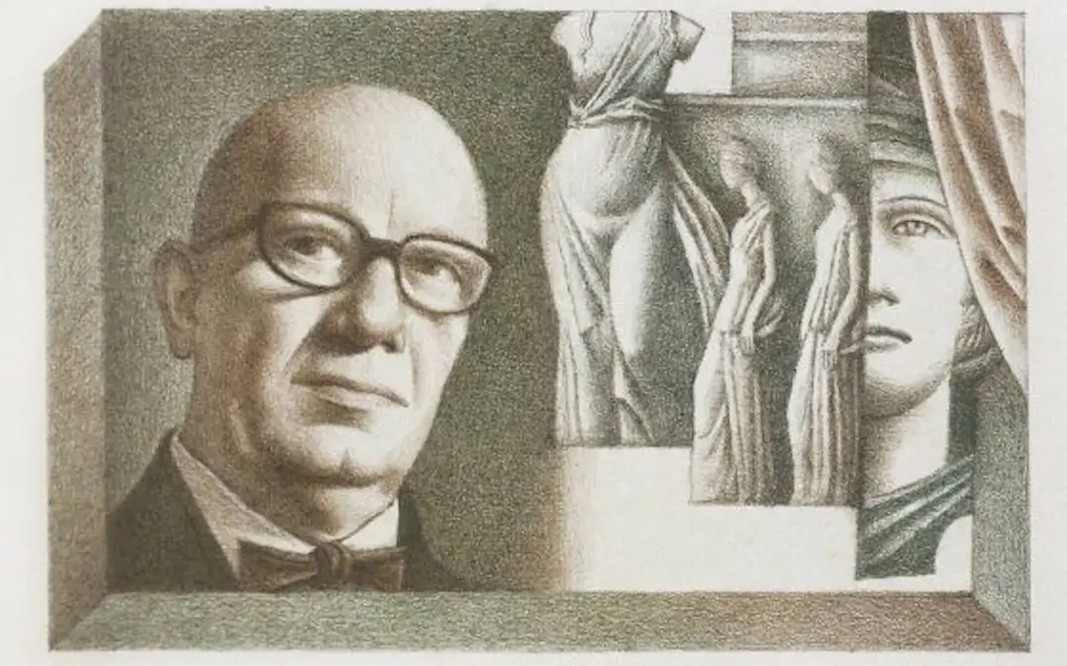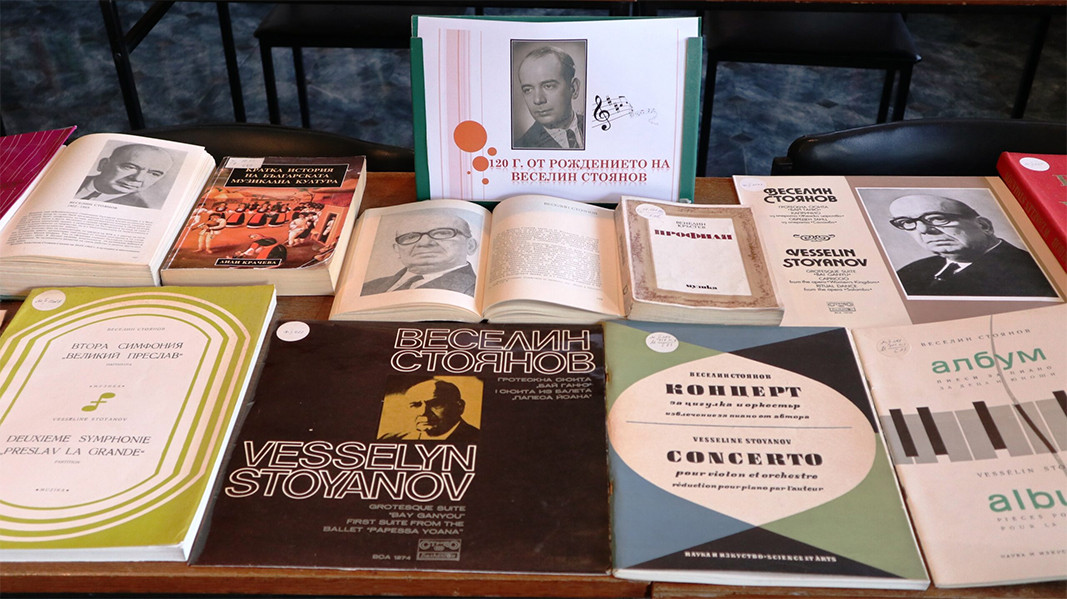



A long-awaited comeback is now a reality – 19 years later, D2, one of the most beloved rock bands, is reunited in its original lineup: Dimitar Karnev (guitar), Dicho Hristov (vocals), Alexander Obretenov (bass guitar), Vasil Vutev (drums), and the..
Always involved in numerous projects, Nina Nikolina welcomes the autumn with several events: a new single, an album and a concert premiere of the album. The singer marks her return to pop music with her 13th studio album titled "Global Pop"..
Next is the performance of the song from 1971 in the film The End of the Song - here the song is performed by the great Bulgarian actor Vasil Mihaylov: <iframe width="560" height="315"..
On 11 October at 7 p.m., the Blagoevgrad Cultural Centre will host a concert titled “Melodies Without Borders”, bringing together Bulgaria’s Pirin..
The European Music Festival held in Sofia offers several bright events for music lovers in the autumn series of its 25th edition. From mid-October to..

+359 2 9336 661
